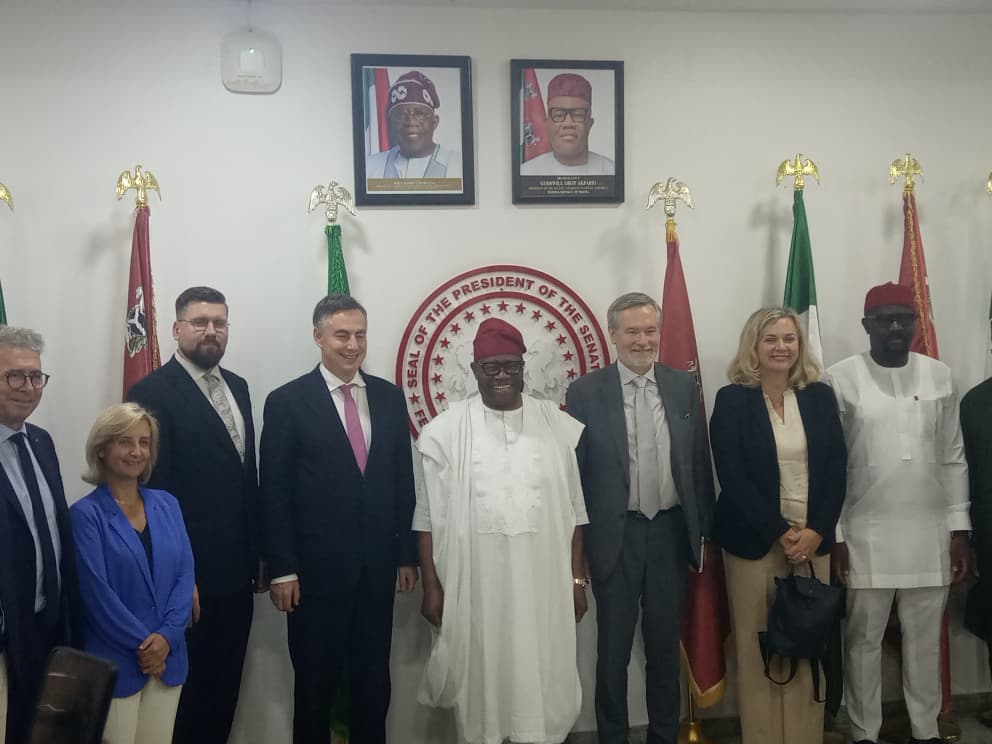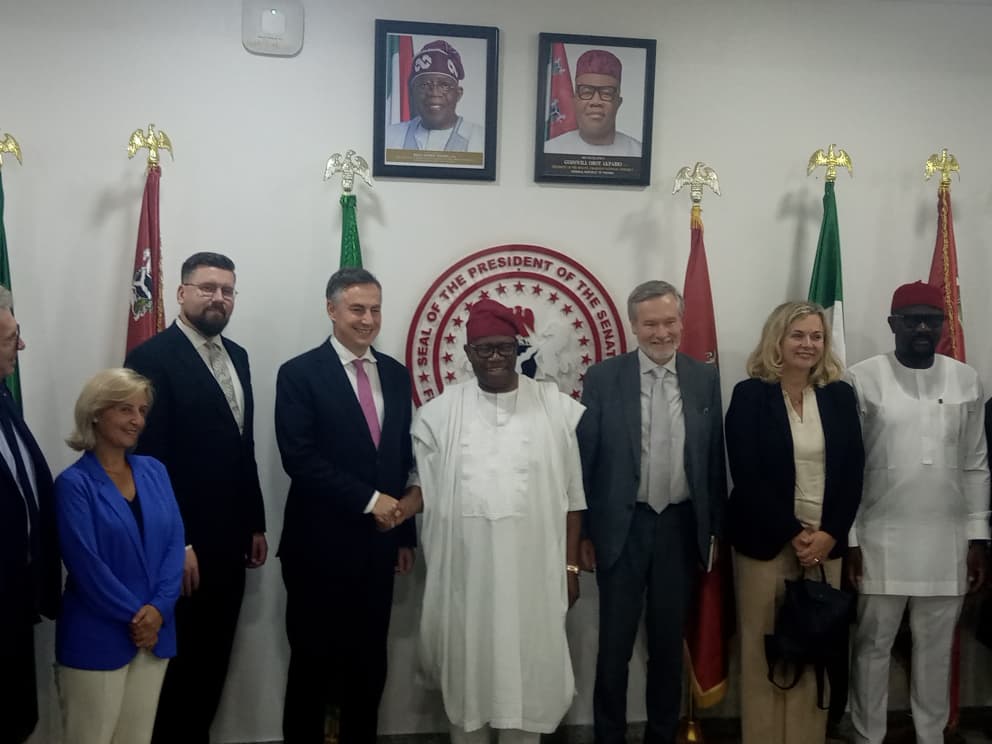The National Association of Energy Correspondents (NAEC) have called on government agencies responsible for regulation and supply to immediately arrest the worsening fuel scarcity in the country.
This is to justify huge public expenditure on internal subsidy.
The association’s secretary, Mr John Meze, In a statement issued on Monday in Lagos said the body of energy editors in Nigeria, lamented that the development had brought untold hardship to Nigerians.
The association said the several hours, which ought to have been put into productive ventures, were wasted at filling stations.
The group which hosted writers from online, print and electronic media organisations specifically called for immediate supply liberalisation in the domestic market.
The association also called for joint management of the government sponsored fuel subsidy scheme, visible and transparent supply monitoring dashboard as well as effective regulation and monitoring of the internal fuel market.
The group condemned the prevailing chaos in the fuel market, challenging the regulators in the industry to come alive.
NAEC pointed out that while scarcity led to chaotic fuel queues across the country, marketers had taken advantage of the situation to profiteer by engaging in sharp market practices which currently manifested in product hoarding.
According to the association, the queues had caused the return of black market operations, diversions and breaking of regulated price ceilings.
The group observed that the sharp market practices cut across all marketing groups, including the Nigerian National Petroleum Company Ltd. (NNPCL) where pump prices had surged from the official N165 per litre to over N300 per litre in some parts of the country despite the uniform pricing regime.
The development, according to the association, has serious implications for the already weakened purchasing power and income of the average Nigerian.
“Already the high cost of petrol is impacting the daily cost of living as seen in transportation costs, energy costs as many homes continue to rely on alternative sources of power due to the poor supply from the grid as well as in high cost of goods and services.
“The traffic situation across the metropolis is also worsening as a result of prolonged fuel queues, causing high loss of man hours that could have been deployed to productive activities,” the group stated.
The NAEC noted that the nation’s “distribution value-chain is broken and worsened by a weak regulatory system.”
The News Agency of Nigeria (NAN) reports that the NNPCL has since the inception of the administration of President Muhammadu Buhari hijacked both the national petroleum subsidy funds and petrol supply responsibility, leading to enthronement of public sector monopoly in the system.
Besides, the national oil company is also the sole manager of the country’s petroleum subsidy funds, with the Group Chief Executive Officer, Mallam Mele Kyari, telling the national legislators: “NNPCL dedcuted subsidy claims at source.”
Thus the role of NNPCL in the market has created linear supply channel that has rendered the domestic fuel market vulnerable to supply chain disruption.
NAEC stated that the nation’s distribution value-chain had been broken.
“It is bad enough that there is no one to hold to account, it is worse that the government has jeopardised the interest of the masses for politics, considering that elections are near,” the association declared.
NAEC described excuses often given by market players including logistics, price regulation and domestic energy subsidy as lame.
The association noted that energy subsidy remained a normal and effective economic growth stimulation strategy still employed by all developed countries of the world to tame the cost of production and guarantee the wellbeing of citizens.
It pointed out that, “the subsidy system in Nigeria has been enmeshed in gross opacity.”
In pushing its recommendations for healing the market, NAEC called on NNPCL to immediately enthrone a transparent subsidy system that would allow the supply figures and cost templates that would subsidy claims verifiable.
NAEC demands that all stakeholder groups should liaise with regulators to establish unassailable templates for subsidy management until the market is deregulated.
“We, therefore, call on government to immediately liberalise petrol supplies in the country in line with best practices.
“Also NAEC recommends that the Nigerian Midstream and Downstream Regulatory Authority (NMDRA), which is responsible for operations compliance and resource accountability, needs to rise to its duty by holding market players accountable for open books, fair play and equal opportunity,” said the group.
It also called on the NMDRA not to fail in providing a public dashboard on the supply flow in the domestic fuel market to allow the public demand for accountable practice from players.
“As this will clear the air of suspicion that the prevailing fuel market crisis is not a political undertaking by managers of the system to siphon funds for political objectives.
The media group also challenged players and groups in the domestic fuel market to embark on self regulation by dealing with errant members that encourage sharp practices at their retail outlets

















